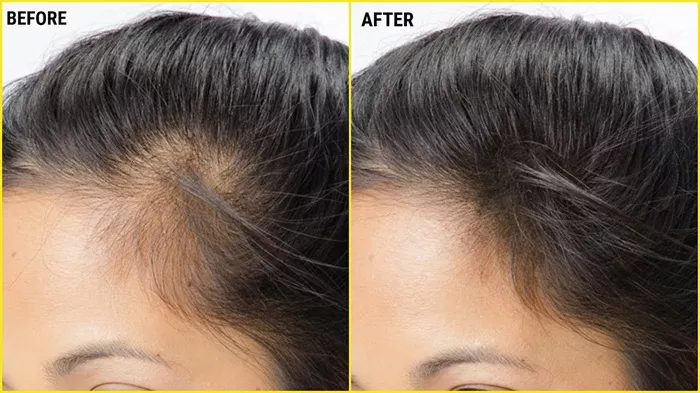Exploring the Potential of Vitamin E Oil for Hair Growth
In the quest for luscious locks and a healthy scalp, individuals often turn to various remedies and treatments. One such remedy that has garnered attention is vitamin E oil. Known for its antioxidant properties and potential health benefits, vitamin E oil is purported to promote hair growth and improve overall hair health. But does it truly live up to the hype? In this comprehensive guide, we delve into the science behind vitamin E oil and its effects on hair growth.
Antioxidant Effects of Vitamin E
1.Natural Antioxidant: Vitamin E is a fat-soluble nutrient with natural antioxidant properties. These antioxidants play a crucial role in neutralizing harmful free radicals in the body.
2.Maintaining Hair Growth: The scalp is prone to oxidative stress, which can damage hair follicle cells and impede hair growth. Vitamin E’s antioxidant properties may help combat this oxidative stress, thereby supporting healthy hair growth.
Potential Benefits of Vitamin E for Hair
1.Healthy Scalp Support: A healthy scalp is essential for optimal hair growth. Vitamin E oil can help maintain scalp health by reducing inflammation and promoting circulation, which are vital for nourishing hair follicles.
2.Hair Loss Prevention: While more research is needed to definitively establish the link between vitamin E and hair loss prevention, preliminary studies suggest promising results. For instance, a small study found that a component of vitamin E improved hair growth in volunteers experiencing hair loss. However, larger-scale studies are necessary to confirm these findings.
3.Enhanced Shine: In addition to its potential role in hair growth, vitamin E oil is often touted for its ability to restore shine to dull, damaged hair. Some individuals claim that regular use of vitamin E oil can rejuvenate and nourish the hair, resulting in a healthier appearance.
Methods to Increase Vitamin E Intake
1.Dietary Sources: One of the most effective ways to boost your vitamin E intake is through your diet. Incorporate foods rich in vitamin E, such as nuts, seeds, spinach, and avocados, into your meals to support overall hair health.
2.Supplements: If you struggle to obtain sufficient vitamin E from dietary sources alone, consider taking supplements. However, it’s essential to consult with a healthcare professional before starting any new supplement regimen to ensure it’s safe and appropriate for you.
3.Topical Application: Topical application of vitamin E oil can deliver direct benefits to the hair and scalp. Look for shampoos, conditioners, and hair oils fortified with vitamin E to nourish and protect your locks from environmental damage.
Seeking Professional Advice
While vitamin E oil shows promise as a natural remedy for promoting hair growth and improving hair health, it’s essential to approach its use with caution. Personalized advice from a healthcare professional or dermatologist is crucial, especially if you’re experiencing hair loss or scalp issues. They can offer tailored recommendations based on your individual needs and help you devise a comprehensive hair care routine that incorporates vitamin E oil effectively.
In conclusion, while the potential benefits of vitamin E oil for hair growth are promising, more research is needed to fully understand its mechanisms of action and efficacy. However, incorporating vitamin E-rich foods into your diet, using topical vitamin E products, and consulting with a healthcare professional can all contribute to healthier, more vibrant hair. With patience and perseverance, you can unlock the full potential of vitamin E oil for your hair care regimen.
Remember, personalized advice from a healthcare professional or dermatologist is essential, especially if you’re experiencing hair loss.
you may be interested

